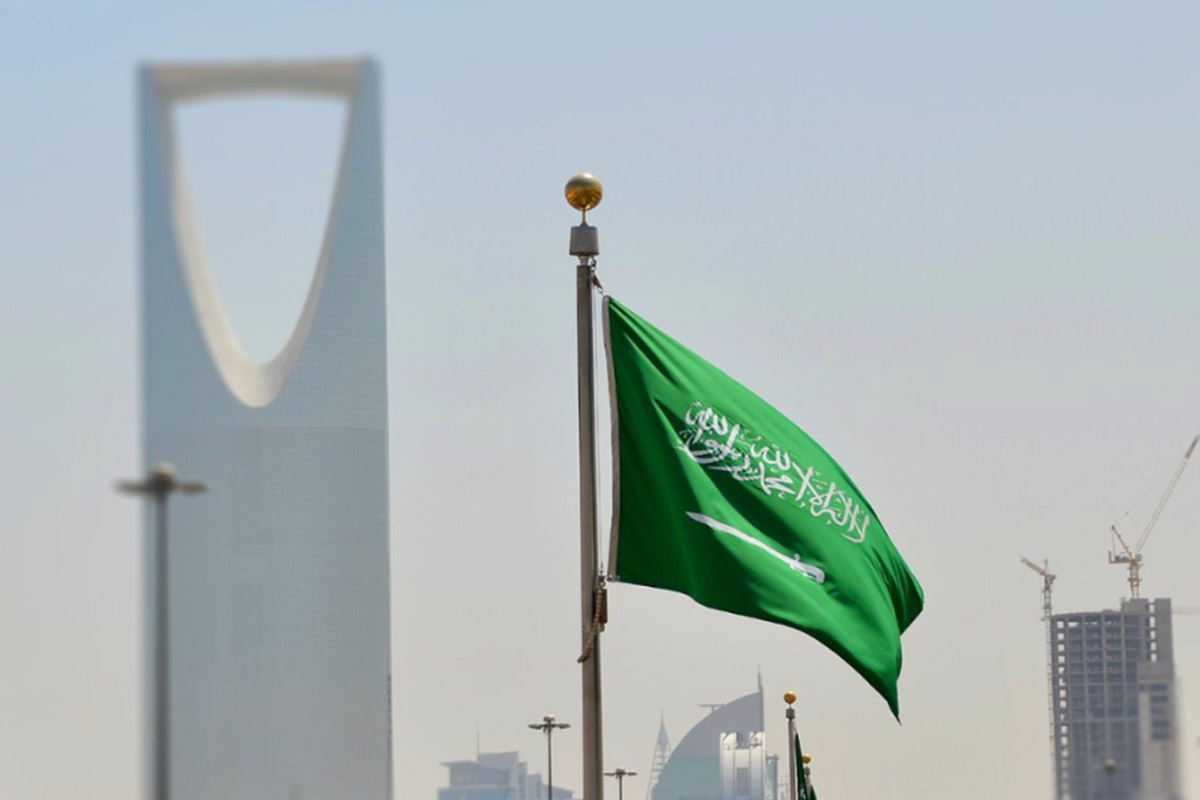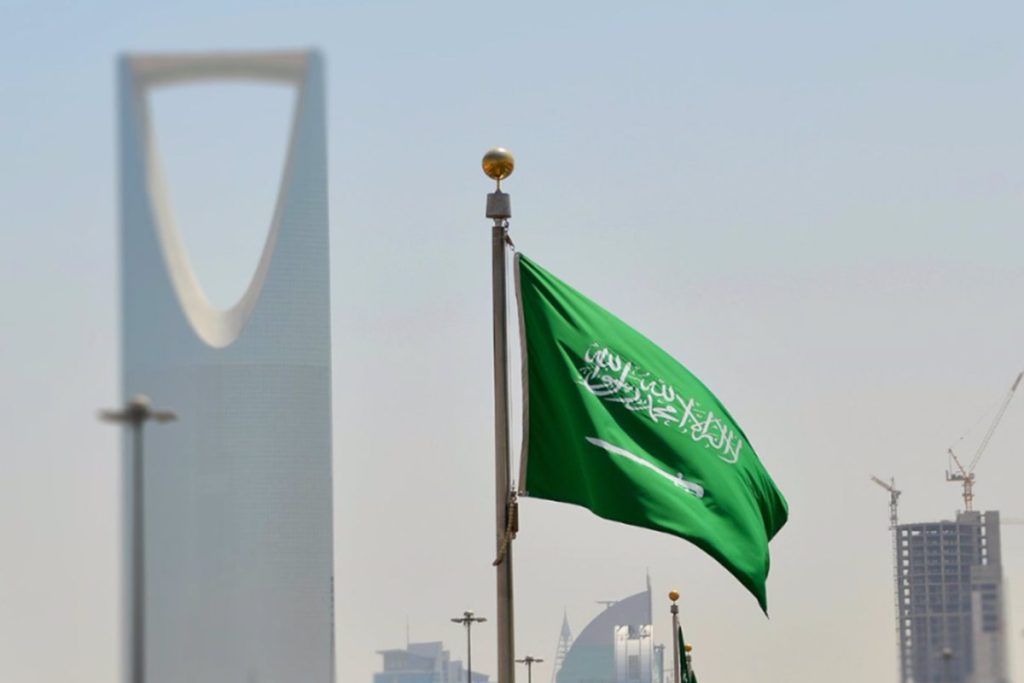+973 3373 3381
Phone Number
setupinsaudiarabia@gmail.com
Email Address
Mon - Thu: 8:00 - 5:00
Working Hours
Phone Number
Email Address
Working Hours
August 26, 2025

Introduction: Why Saudi Arabia is Opening Doors to International Universities
Vision 2030 and the Education Transformation Agenda
Regulatory Framework for International Universities in KSA
Investment Models: Campus Partnerships, Joint Ventures & Branch Campuses
Government Support & Incentives for Global Universities
Popular Fields of Study Attracting Investment
Demand Drivers: Why Students in KSA Want International Programs
Challenges Faced by International Universities in Saudi Arabia
Case Study: Prince Mohammed Bin Salman College (MBSC) & International Partnerships
Opportunities for Private Investors in the Education Sector
The Role of Technology: E-Learning & Hybrid Education Models
Infrastructure & Real Estate Opportunities Linked to University Expansion
Talent Development & Faculty Recruitment in KSA
How International Universities Contribute to Research & Innovation
Comparison: KSA vs. UAE & Qatar in Attracting Global Universities
Future Outlook: What to Expect in the Next 5–10 Years
Action Plan for Investors & University Leaders
Conclusion
FAQs (20+)
Saudi Arabia is rapidly emerging as a regional hub for higher education, thanks to Vision 2030 reforms that emphasize knowledge economy development, skills training, and research innovation. The Kingdom’s strategy to diversify beyond oil includes attracting global universities to set up branch campuses, research centers, and collaborative degree programs.
For decades, thousands of Saudi students studied abroad, particularly in the U.S., UK, and Australia. Now, the government aims to reverse brain drain by bringing world-class education into Saudi Arabia itself. This shift not only supports workforce development but also creates new business opportunities for universities, investors, and private education providers.
Education is at the heart of Saudi Arabia’s Vision 2030. The Kingdom envisions a globally competitive education system that aligns with future labor market needs.
Key objectives include:
Increasing international partnerships with top-ranked universities.
Expanding private sector participation in higher education.
Encouraging R&D and innovation hubs in collaboration with foreign institutions.
Boosting women’s participation in higher education and the workforce.
Localizing knowledge industries such as AI, biotech, and sustainability sciences.
This transformation reflects the government’s commitment to building an education system that supports the Kingdom’s diversification goals.
To enter the Saudi market, international universities must work within a structured framework set by the Ministry of Education and the Ministry of Investment (MISA).
Requirements include:
Obtaining an education license under new laws enabling foreign university campuses.
Establishing partnerships with local universities or investors.
Aligning academic programs with Saudi labor market priorities.
Ensuring Sharia-compliant operations, especially in financial and administrative policies.
Saudi regulators have streamlined approval processes, making it easier for global universities to establish branch campuses.
International universities can enter Saudi Arabia through different models:
Branch Campuses – Setting up a physical presence (e.g., New York University in Abu Dhabi model).
Joint Ventures – Partnerships between Saudi universities and international institutions.
Dual-Degree Programs – Students earn credentials from both local and foreign universities.
Online/Hybrid Learning Hubs – Global universities offering accredited online degrees with local support centers.
These models allow universities to test the market before committing to full-fledged campuses.
Saudi Arabia actively encourages foreign universities with:
Tax incentives & exemptions for education investments.
Access to state-of-the-art facilities in education cities like NEOM and Riyadh.
Scholarship partnerships where the government funds Saudi students to study in international programs inside KSA.
R&D funding for collaborative research with Saudi institutions.
The following disciplines are in highest demand among Saudi students and Vision 2030 goals:
STEM (Science, Technology, Engineering, Math)
Artificial Intelligence & Data Science
Healthcare & Life Sciences
Sustainability, Renewable Energy & Environmental Studies
Business & Entrepreneurship
Tourism & Hospitality Management
Saudi students are eager for international education locally because:
Rising costs of studying abroad.
Increased female student participation (families prefer local options).
Desire for global accreditation and international employment prospects.
Alignment with Vision 2030 careers in tech, healthcare, and sustainability.
Despite opportunities, challenges exist:
Cultural adaptation – Balancing global curriculum with local values.
Faculty recruitment – Attracting top professors willing to relocate.
Competition – Between global universities entering the same sectors.
Long approval timelines – Despite reforms, regulations still require patience.


| Mode of Entry | Examples | Key Advantages | Challenges |
|---|---|---|---|
| Branch Campuses | Prince Mohammed Bin Salman University (in partnership with international institutions) | Direct access to Saudi students, full brand presence | High setup cost, regulatory approvals |
| Joint Programs / Degrees | King Saud University partnerships with U.S./UK universities | Shared resources, easier entry, less upfront cost | Limited control over curriculum |
| Research Collaborations | KAUST partnerships with MIT, Stanford | Focus on innovation & R&D, attracts global talent | Not always visible to undergraduate students |
| Online & Hybrid Models | Virtual campuses by UK/US institutions | Scalability, reduced infrastructure cost | Internet penetration & cultural adoption |
| Executive Education & Training | INSEAD & LBS short courses in KSA | Fast ROI, corporate market | Limited long-term presence |
| Sector | Student Demand | Government Priority | Investment Attractiveness |
|---|---|---|---|
| STEM (Engineering, IT, AI) | High | Very High | 🔥🔥🔥 |
| Business & Management | Very High | High | 🔥🔥 |
| Healthcare & Medicine | High | Very High | 🔥🔥🔥 |
| Tourism & Hospitality | Moderate | High | 🔥🔥 |
| Creative Arts & Media | Growing | Moderate | 🔥🔥 |
🎯 Vision 2030 Alignment – Strong push for education reform & innovation.
💰 Government Incentives – Tax breaks, grants, and land allocation for educational projects.
👩🎓 Rising Student Demand – Over 50% of Saudi youth under 30 seeking global-standard education.
🌍 Global Collaboration – International recognition and knowledge transfer.
📈 Sectoral Demand Growth – AI, green energy, and healthcare industries driving academic priorities.
| Factor | Saudi Arabia | UAE |
|---|---|---|
| Market Size (Students) | 8.5M+ | 1.2M+ |
| International Campuses | Growing (early stage, ~10 major initiatives) | Mature (40+ campuses in Dubai Knowledge Village, Abu Dhabi) |
| Government Incentives | High (Vision 2030) | Moderate-High |
| Focus Areas | STEM, AI, Healthcare, Tourism | Business, Finance, Arts |
| Growth Potential (2025-2030) | Very High | Medium-High |
MBSC in King Abdullah Economic City (KAEC) is a partnership between Saudi Arabia and global institutions, including Babson Global.
Highlights:
Focuses on entrepreneurship, business, and leadership.
Blends Saudi workforce priorities with global teaching standards.
A benchmark for future international university partnerships in KSA.
Investors can explore:
Private university partnerships.
Student housing and campus infrastructure.
EdTech startups delivering hybrid learning.
Vocational training programs complementing higher education.
Saudi Arabia is seeing a boom in digital education, with universities integrating:
Learning Management Systems (LMS).
Remote and hybrid classrooms.
AI-driven personalized learning solutions.
This presents investment opportunities in EdTech.
Universities require:
Smart campuses with green buildings.
Student housing & faculty residences.
Innovation hubs & research parks.
Investors in real estate and construction can benefit directly from university expansion.
Saudi is investing in training local professors via international collaborations.
Universities are offering attractive packages to foreign faculty.
Focus is on STEM and applied sciences expertise.
Establishing R&D hubs in Saudi Arabia.
Collaborating with Saudi industries on applied research.
Contributing to NEOM, Red Sea, and Vision 2030 giga-projects.
UAE – Early mover with NYU Abu Dhabi, Sorbonne.
Qatar – Education City with multiple campuses.
Saudi Arabia – Larger market, government-driven incentives, and long-term demand growth.
More branch campuses from Europe, Asia, and the U.S.
Growth of Saudi-led international universities.
Expansion of EdTech ecosystems.
Stronger focus on R&D commercialization.
Conduct feasibility studies in Saudi’s key education hubs.
Engage with MISA & Ministry of Education.
Explore joint ventures with Saudi universities.
Develop STEM & Vision 2030-aligned programs.
Invest in student housing, EdTech, and training solutions.
Saudi Arabia is positioning itself as a global education hub under Vision 2030. International universities entering the Kingdom can tap into growing demand, government support, and business opportunities across education, real estate, EdTech, and R&D. The time to act is now—universities and investors who move early will enjoy long-term advantages.
Q1: Can foreign universities establish independent campuses in Saudi Arabia?
Yes, under Vision 2030 reforms, international universities can set up branch campuses with government approval.
Q2: What incentives are offered to global universities?
Incentives include tax benefits, land allocation, and partnership funding.
Q3: Which subjects are in demand?
STEM, AI, healthcare, business, sustainability, and tourism.
Q4: How do Saudi students benefit from international programs locally?
They get global accreditation, lower costs, and better career pathways.
Q5: Are there opportunities for investors beyond universities?
Yes—student housing, campus infrastructure, EdTech, and vocational training.
Q6: How does Saudi compare to UAE and Qatar in higher education?
Saudi has a larger population and market, making it a long-term growth hub.
Q7: What role does EdTech play in Saudi education expansion?
It enables hybrid learning, AI-driven education, and wider access.
Q8: How do international universities contribute to Vision 2030?
By building skills, supporting research, and creating workforce-ready graduates.
Q9: What challenges should universities prepare for?
Cultural adaptation, faculty recruitment, and regulatory processes.
Q10: Is there a growing demand for female higher education?
Yes—female enrollment is surging, driving demand for local global campuses.
Do not hesitate to contact us. We’re a team of experts ready to talk to you.
From securing an audited company profile, handling all document attestations, and obtaining approvals from MISAto issuing your Commercial Registration, we handle the entire business setup — quickly, efficiently, and without hassle.
Hassle-free company setup in Saudi Arabia—legal structure, registration, and approvals, all handled for you.
Fast corporate and personal bank account opening with trusted local and international banks.
Stay compliant with VAT, Zakat, and tax filings—we handle it all accurately and on time.
Quick and seamless MISA license approvals for foreign investors to start operations in Saudi Arabia.
Visa processing, renewals, and government approvals—so you can focus on your business, stress-free.
Our expert pro services include visa processing, government relations, & renewals etc.
1. We Understand the Process, So You Don’t Have To
Navigating the regulations in Saudi Arabia can be complex. That’s why our experts handle all the paperwork, approvals, and formalities on your behalf.
2. Tailored Solutions for Every Business
Whether you’re a startup or an international corporation, our services are customized to fit your unique needs.
3. Your Success Is Our Priority
From the moment you contact us, your goals become our mission. We pride ourselves on fast results and exceptional service.